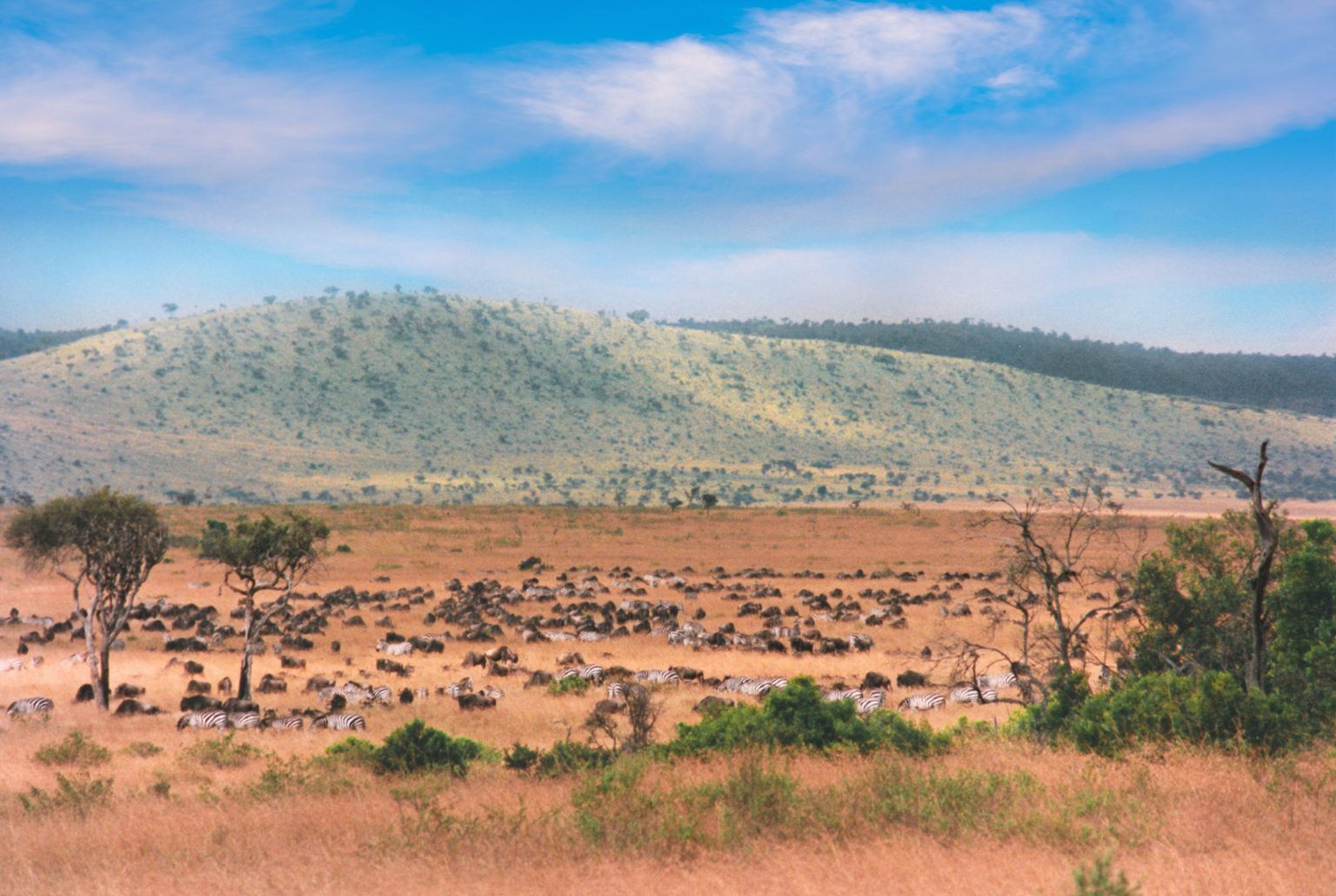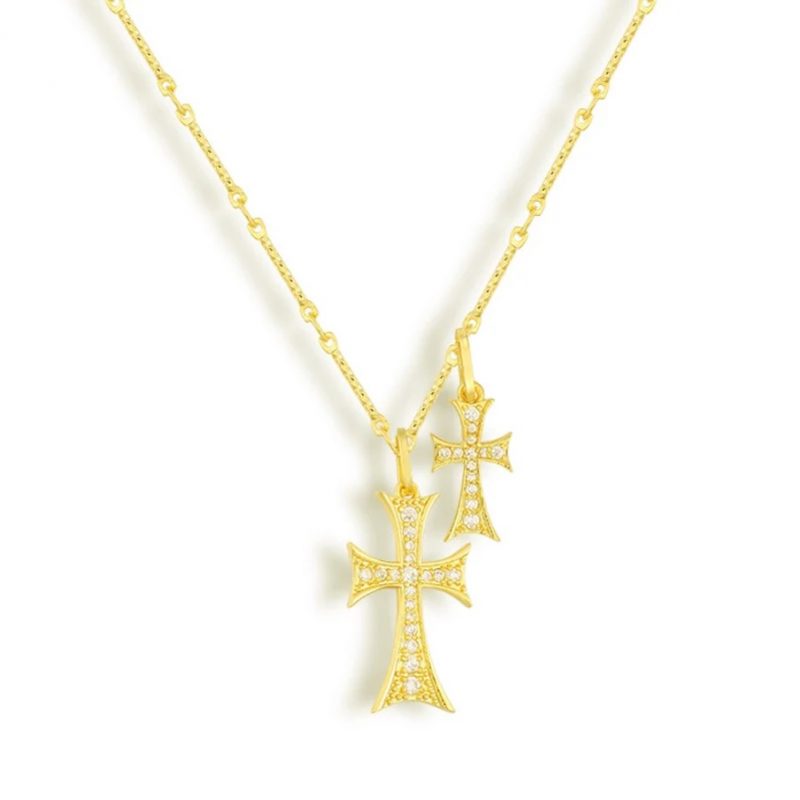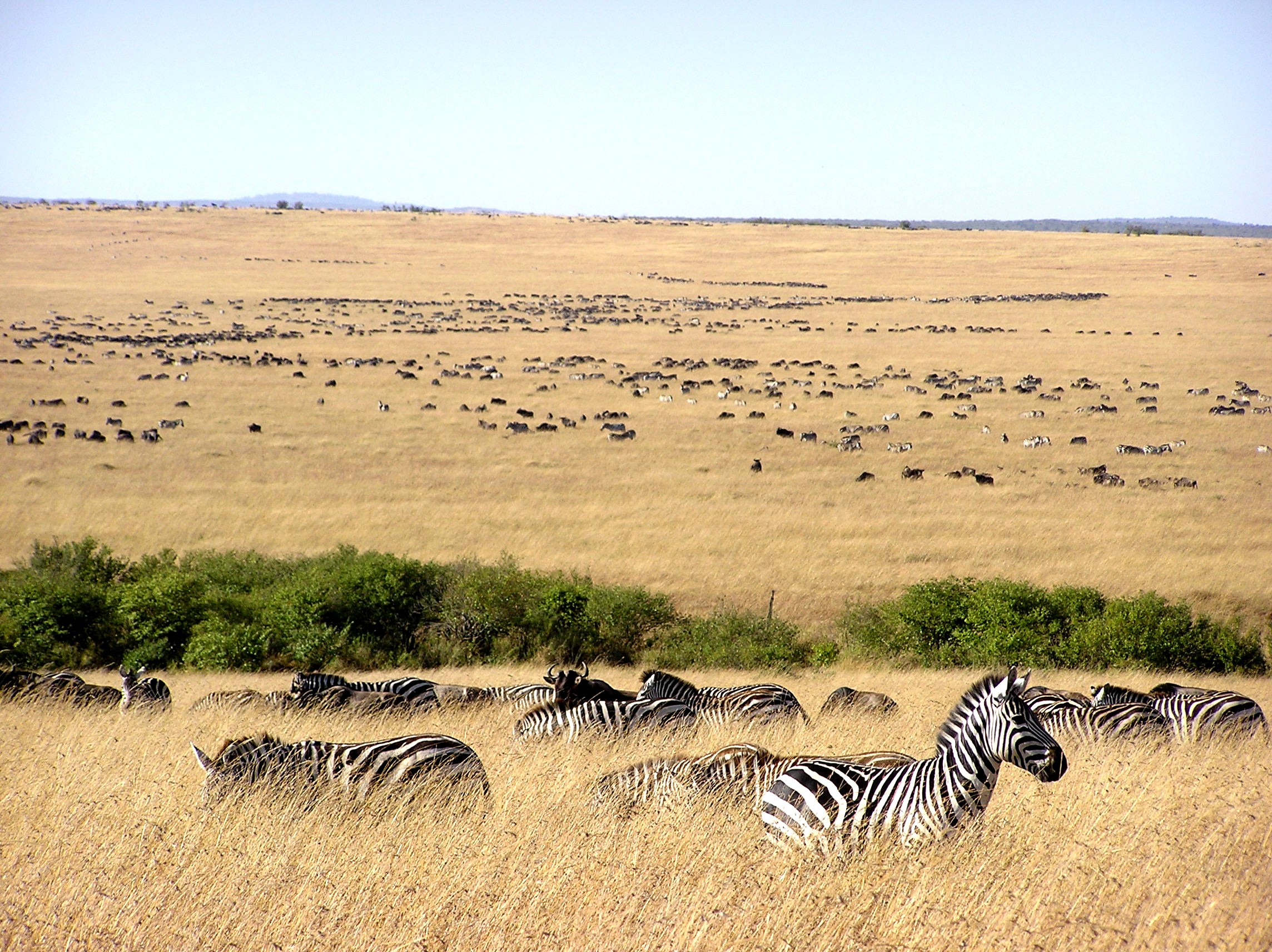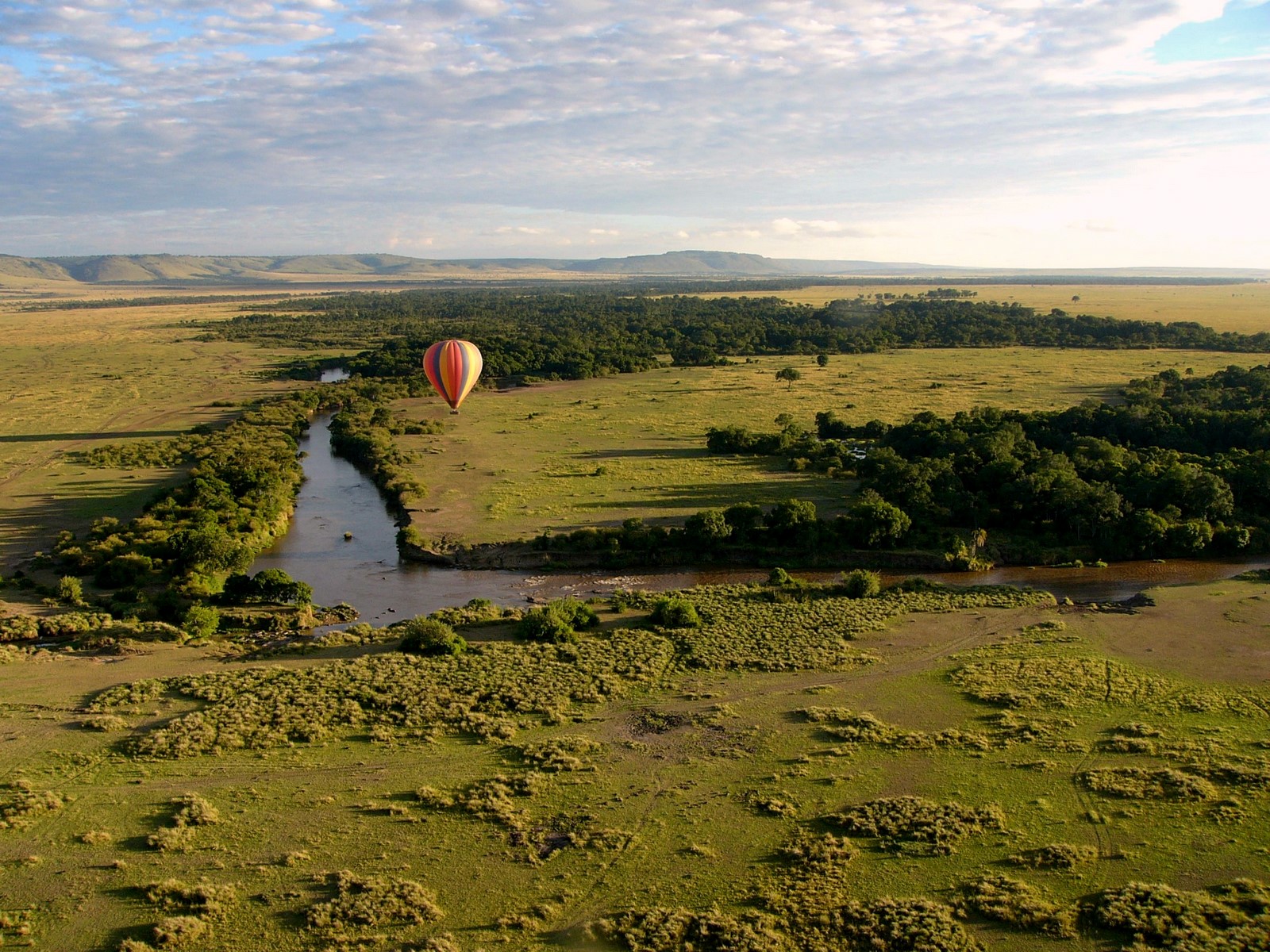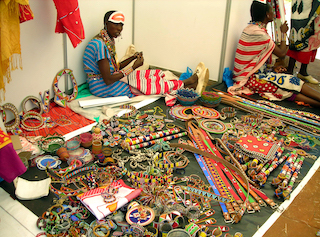Culture, Traditions, And Significance Of Masai Tribe
The Masai tribe is one of Africa’s most recognised ethnic groups. They have vibrant culture, distinctive dress, and deep connection to the land. Primarily found in southern Kenya and northern Tanzania, the Masai people have maintained their traditional lifestyle despite the pressures of modernisation. This article delves into the rich heritage, customs, and societal structures of the Masai tribe, offering insights into their way of life and the challenges they face today.
Overview of the Masai tribe
The Masai tribe, or Maasai, is a semi-nomadic pastoralist community that has lived in the East African region for centuries. They are primarily known for their cattle herding, which is central to their culture and economy. The Maasai speak the Maa language, and their identity is strongly tied to their customs and rituals. The tribe is famous for its colorful attire, elaborate beadwork, and ceremonial practices, which reflect their rich cultural heritage.
Historically, the Masai tribe occupied vast territories in East Africa, but colonial boundaries reduced their land significantly. Today, the Maasai primarily inhabit areas near national parks, where they continue to coexist with wildlife, reflecting their unique relationship with nature.
Traditional lifestyle and economy
Pastoralism at the core
At the heart of the Masai tribe’s lifestyle is pastoralism. Cattle are not just a source of livelihood; they are integral to the Maasai identity and culture. Cattle provide milk, meat, and hides, serving as essential resources for survival. The Masai also engage in trade, bartering livestock for goods and services within and outside their communities.
The tribe practices a form of rotational grazing, moving their herds from one grazing area to another based on the seasons and availability of water. This sustainable approach helps preserve the ecosystem and maintain the balance between wildlife and livestock.
Subsistence farming
While cattle herding dominates their economy, some members of the Masai tribe have adopted subsistence farming, growing crops like maize and vegetables to supplement their diet. However, agriculture is often secondary to pastoralism, as the Maasai traditionally prioritise livestock.
Social structure and community life
Clan system
The social structure of the Masai tribe is organized around clans, each with its own lineage and customs. Clans are led by elders who are respected for their wisdom and experience. Decision-making is often communal, with elders playing a significant role in resolving disputes and guiding community affairs.
Age sets and initiation rites
The Masai tribe is known for its age-set system, which groups individuals based on their age and initiatory rites. These age sets dictate social responsibilities and roles within the community. Initiation ceremonies mark the transition from childhood to adulthood, and they are significant cultural events, involving rituals, feasting, and traditional dances.
For young men, initiation often includes circumcision, a rite that signifies their readiness to take on responsibilities as warriors. For young women, the initiation process involves learning about family roles, including marriage and motherhood.
Cultural practices and beliefs
Religion and spirituality
The Masai tribe has a unique spiritual belief system that centers around a single god known as Enkai (or Engai). They believe that Enkai created the world and that the Maasai are chosen to protect the land and its resources. Traditional rituals and ceremonies are held to honor Enkai, particularly during significant life events such as births, marriages, and funerals.
The Maasai also have a deep respect for nature and believe that their ancestors inhabit the land. As such, they conduct rituals to seek blessings for their livestock and land, reinforcing their spiritual connection to the environment.
Traditional dress and adornments
The distinctive attire of the Masai tribe is one of their most recognizable features. Men traditionally wear shúkà, a red or checked cloth draped around their bodies, while women often wear colorful beaded dresses and adorn themselves with elaborate jewelry. Beadwork is a significant aspect of Maasai culture, with each color and design holding specific meanings related to status, age, and community.
Ceremonial occasions are marked by even more elaborate attire, reflecting the tribe’s pride in their cultural heritage. The Maasai’s vibrant clothing not only serves practical purposes but also acts as a form of expression, showcasing their identity and traditions.
Modern challenges and adaptations
Impact of modernisation
While the Masai tribe has maintained many of their traditions, they face challenges due to modernization and environmental changes. Urbanization and land pressure have led to conflicts over land use, particularly as agricultural and industrial development encroaches on traditional grazing areas.
Many young Maasai are moving to urban areas in search of education and employment opportunities, leading to a generational shift in lifestyle and cultural practices. This migration can lead to the dilution of traditional values, raising concerns about the preservation of Maasai culture.
Conservation efforts
In response to these challenges, the Masai tribe has increasingly engaged in conservation efforts. By partnering with wildlife organizations, the Maasai are working to protect their land and the wildlife that shares it. This collaborative approach aims to balance the needs of the tribe with the demands of conservation, highlighting the importance of sustainable practices.
Community-based tourism is another avenue through which the Masai tribe is adapting to modern challenges. By sharing their culture and traditions with visitors, they can generate income while promoting cultural exchange and understanding.
Education and empowerment
Education is vital for the future of the Masai tribe, as it offers opportunities for young people to pursue careers beyond traditional pastoralism. Various initiatives are in place to promote education within the community, particularly for girls, who have historically had less access to schooling.
Empowering women is also a crucial aspect of the tribe’s evolution. Many Maasai women are becoming involved in entrepreneurial activities, such as beadwork and crafts, providing them with a source of income and independence. Organizations that support women’s initiatives play a significant role in fostering economic empowerment and education.
Cultural preservation and future outlook
Preserving Maasai traditions
The Masai tribe is actively working to preserve their cultural heritage in the face of modern challenges. Traditional ceremonies, music, and dance remain integral to their identity, serving as a means of passing down knowledge and values to younger generations. Cultural festivals and events that celebrate Maasai traditions help reinforce their sense of community and identity.
Role of tourism
Tourism plays a significant role in preserving Maasai culture. The traditional Maasai life draws many visitors to the region, offering the tribe an opportunity to showcase their heritage. By engaging with tourists through cultural experiences, the Masai tribe can both educate others about their traditions and generate income for their communities.
Future of the Masai tribe
While the Masai tribe faces challenges related to modernization and environmental changes, their resilience and adaptability are commendable. The tribe’s commitment to maintaining their cultural identity while embracing opportunities for growth and development is vital for their future.
As the Masai tribe navigates the complexities of modern life, their rich heritage, traditions, and connection to the land will continue to be sources of pride and strength. Through education, empowerment, and cultural preservation, the Masai tribe will strive to ensure that their unique way of life endures for generations to come.
Rich tribe
The Masai tribe is a remarkable community with a rich cultural heritage that has stood the test of time. Their traditions, customs, and way of life deeply intertwine with the landscapes of East Africa, reflecting a profound connection to nature and their ancestral roots. As they face modern challenges, the Masai tribe’s resilience and commitment to preserving their culture serve as an inspiring example of the balance between tradition and adaptation.
Engaging with the Masai tribe offers a unique opportunity to appreciate their rich history and enduring legacy. By supporting their efforts and respecting their traditions, we can contribute to their preservation.

